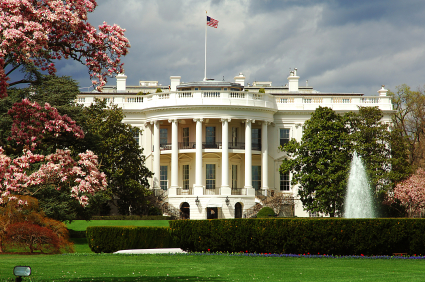
This evening, the Department of Health and Human Services (HHS), in conjunction with the Department of the Treasury and the Department of Labor, released two final rules on exemptions and accommodations for the coverage of certain preventive services under the Affordable Care Act (ACA). One final rule covered religious exemptions while the other covered moral exemptions and each finalize exemptions from interim final regulations released in October 2017 and received over 100,000 public comments in response. These initial regulations were released in response to a May 2017 executive order signed by President Trump on changing federal regulations in order to address conscience-based objectives to contraceptive coverage requirements.
Overall, HHS is estimating that coverage for approximately 6,400 women will be impacted. The department also states that no more than 127,000 women will be impacted, but they believe that is far more than will be impacted. Additionally, the department estimates that the exemptions will impact no more than approximately 200 employers and notes that many entities will not be impacted since they are already able to not cover contraceptives through previous rules or permanent court injunctions.
The two final rules will take effect on January 14, 2019.
Exemptions for Contraceptive Coverage Allowed for Both Religious and Moral Beliefs
Guidance adopted by the Health Resources and Services Administration (HRSA) under authority granted by the ACA required that health plans cover certain contraceptives services with no cost-sharing. This regulation finalizes a pathway for a religious exemption to these guidelines. The administration puts this forward as a policy to “minimize the burdens imposed on their exercise of religious beliefs” related to the “discretionary” requirement set by HRSA. Similar language is used for the moral exemptions. The final rules specifically state that they do not remove the contraceptive requirement generally from the guidelines.
The organizations that will be able to take advantage of the religious exemption are non-government plans sponsors including churches, an integrate auxiliary of a church, a convention of association of churches, a religious order, a nonprofit organization, for-profit entities, and institutions of higher education that arrange student health insurance coverage. For-profit entities that are both publicly and not publicly traded may use the religious exemption as well. This applies to group health plans established or maintained by an objecting organization or coverage offered or arranged by an objective organization.
The moral exemption option will apply to nonprofit organizations, for-profit entities that are not publicly traded, small businesses, non-governmental institutions of higher education, issuers, and individuals who have non-religious moral beliefs opposing contraceptive services covered by the HRSA guidelines. The moral exemption was not extended to publicly traded businesses or government entities, including non-federal government entities. However, individuals receiving employer-sponsored insurance from a government entity may use the exemption if it applies.
HHS Maintains Existing Accommodation but Makes It Voluntary
The final rule maintains the availability of the existing accommodation to the religious exemption but makes the accommodation voluntary and up to the discretion of the entity. The accommodation allows an objecting entity to have contraceptive coverage omitted from their plan but allows their issuer or third-party administrator to arrange for covered individuals to receive contraceptive coverage or payments.
The rule notes that issuers and individuals will be able to use the exemption in certain circumstances. A willing issuer or plan sponsor will not be prevented by the HRSA guidelines from offering a separate option to any health plan sponsor or individual (as applicable) who objects to coverage or payments for some or all contraceptive services based on religious beliefs.
Objecting entities that use the exemption will not be required to follow notices, which is in line with the approach already in place. Groups using the accommodation will use the same form from the previous accommodation process. The forms are being updated in conjunction with the final rules. Fines and lawsuits may be used if an exemption is improperly claimed.
A new provision in this final rule states that if an issuer relies reasonably and in good faith on an organization for its accommodation and that organization does not follow through, the issuer will be considered in compliance with any applicable coverage requirements from the HRSA guidelines if the issuer complies with its given obligations.


